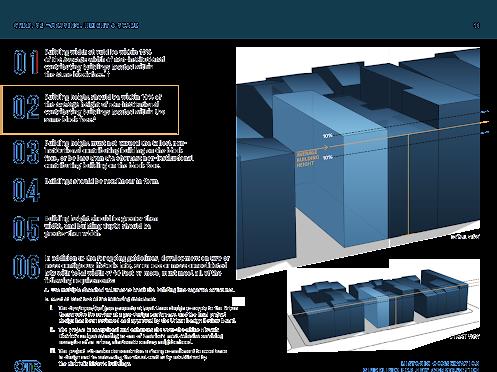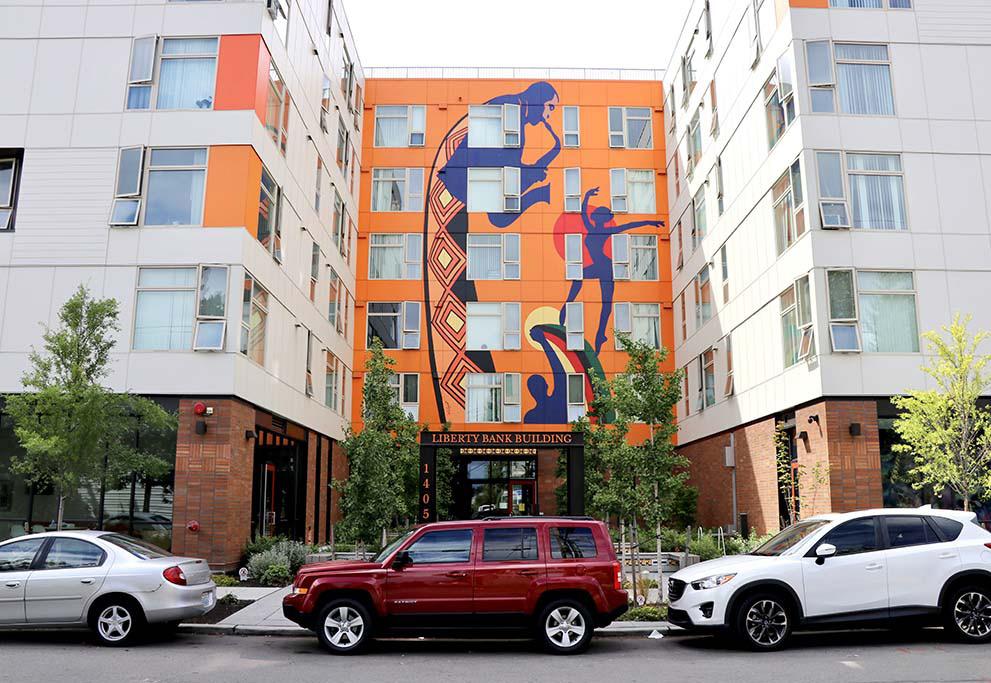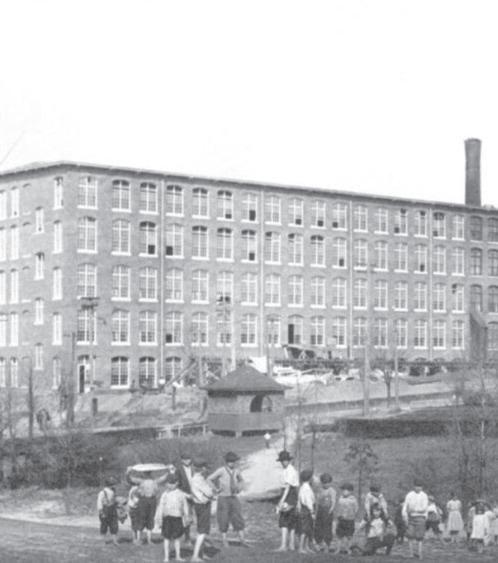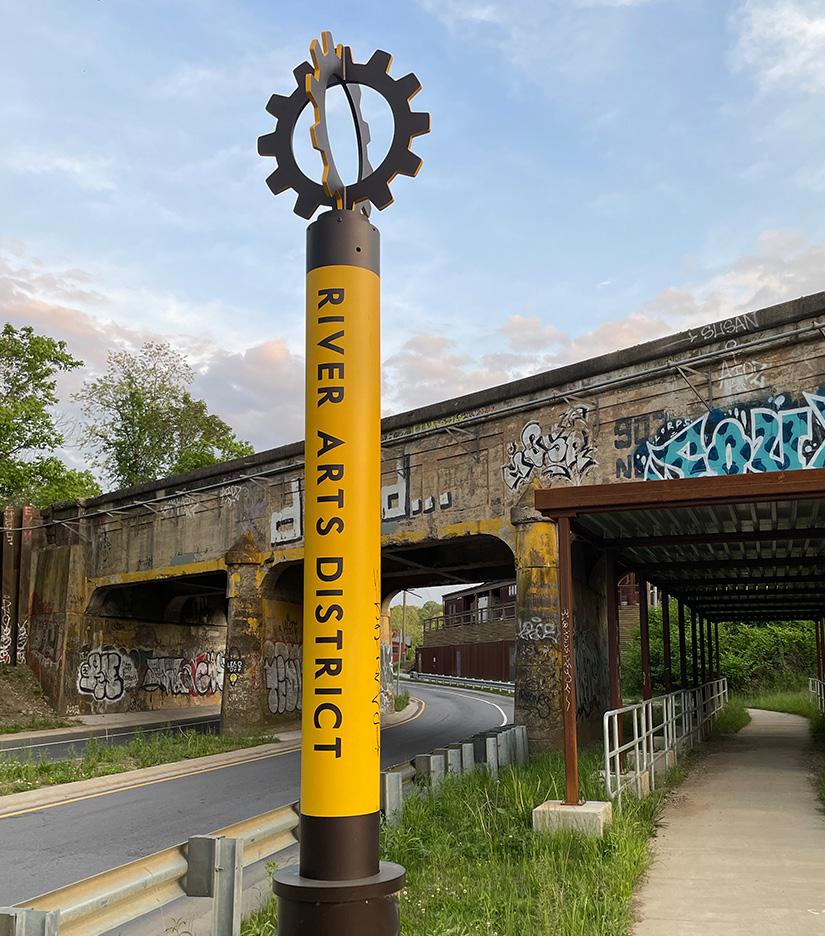
2 minute read
5.1c Moratorium on Demolition
We recommend a moratorium on demolition within the conservation district area until the board is formed and the district legitimized. We expect this process to take less than one year, and would ensure the moratorium lasts until that time, or is lifted sooner in the event the board is created. This would serve to prevent the further loss of any historic fabric before it is truly protected, as well as to avoid a rush to redevelop parcels throughout the Village before the process increases in complication. Additionally, adaptive reuse would be even more thoroughly encouraged during this time, an established pattern that has led to the character of Pendleton Street today.
5.1d Land Banking
Advertisement
Desired outcomes and benefits:
Lastly, we recommend land banking within the Village. Land banking can be a way to protect affordability and preserve the community as interest for development increases in the area. Land banking should be prioritized based on the boundaries provided which displays critical areas in danger of redevelopment. This goal will be achieved by working with the Greenville Housing Fund (GHF), City of Greenville, and residential stakeholders to obtain properties in the Village of West Greenville through the Land Preservation Program.
Resources:
The conservation district will work with the City of Greenville to create strategic ways to acquire land to be used to preserve affordable housing. The City of Greenville also provides grants that go towards affordable housing. The Greenville Housing Fund will acquire land through land donation or below market purchase, while the land banking might be funded with the grants, contracts, and land sale revenues.
Examples of successful applications from cases:
The Central District in Seattle currently does land banking by working with the Africatown Community Land Trust. They are non-profit made up of a board that consist of stakeholders (business owners, real estate developers, residents and entrepreneurs) within the Seattle community to preserve ownership in the Black community (africalandtrust. org). The Africatown Community Land Trust works with government grants to preserve affordable housing and community affordable development to produce equitable projects through building revitalization. Their projects also offer affordable leases for small businesses to thrive in the Central District. The Africatown Community Land Trust has managed to provide over 200 affordable housing units and gather over 60 million dollars in funding for large revitalization projects.
Specifics of the action:
The conservation district will work with the City of Greenville and Greenville Housing Fund to address concerns of displacement and affordability through land banking. The conservation district will work with the city of Greenville to identify hotspots in risk of development as well as apply for grants that contribute funding for land banking. The Village will also need to consider possible solutions to acquire properties from disinvested landlords who provide affordable housing but at the risk of condemnation if they continue to be properly maintained.
Anticipated opportunities and challenges: Land banking offers the opportunity to sustain some naturally occurring affordable housing as well bring affordable housing into the Village. Affordability is a complex problem especially in an area that is growing and land banking can be an aspect of preserving some affordability in the community. Land banking will not solve all issues of increasing housing cost, but it can alleviate the problem which is one of many concerns of residential stakeholders including resident artists. The challenge with land banking is fragmented stakeholders working with the city to determine areas with highest risk of displacement. Another challenge will be the funding aspect since land banking is expensive, so the City as well as stakeholders will need to take advantage of grants and external funding and prioritize areas at risk of resident displacement.








